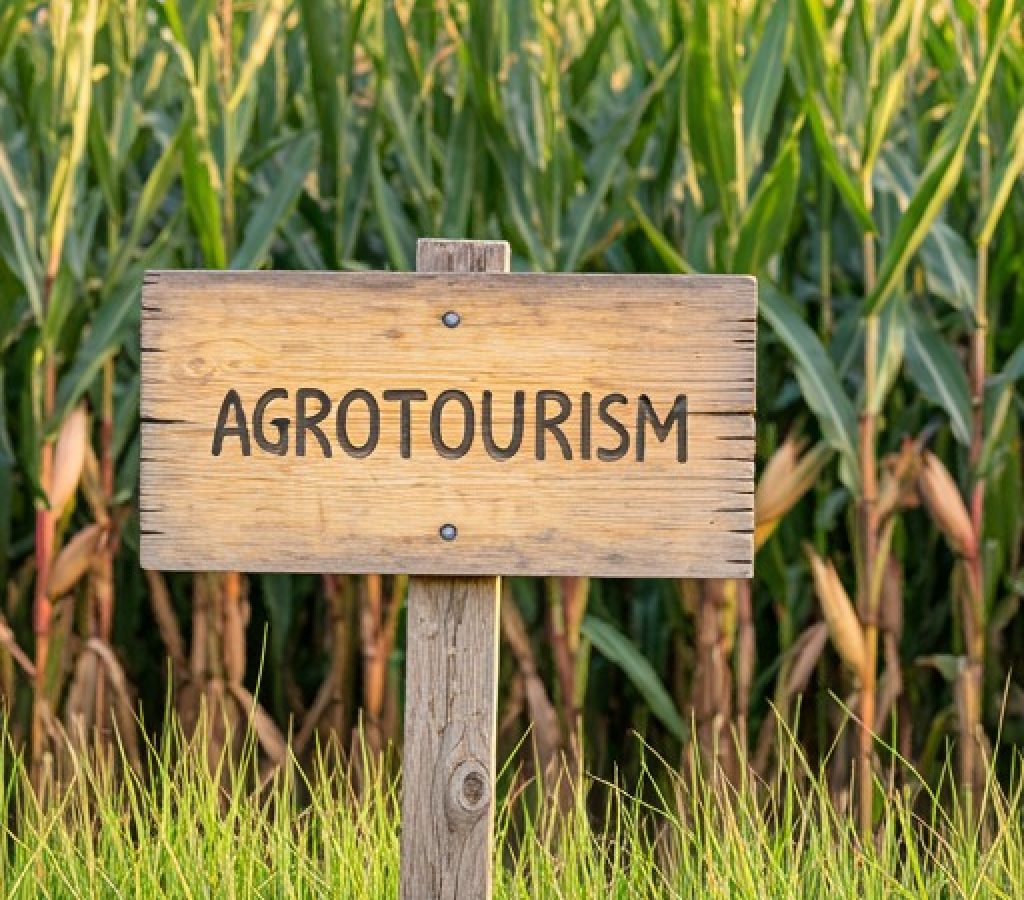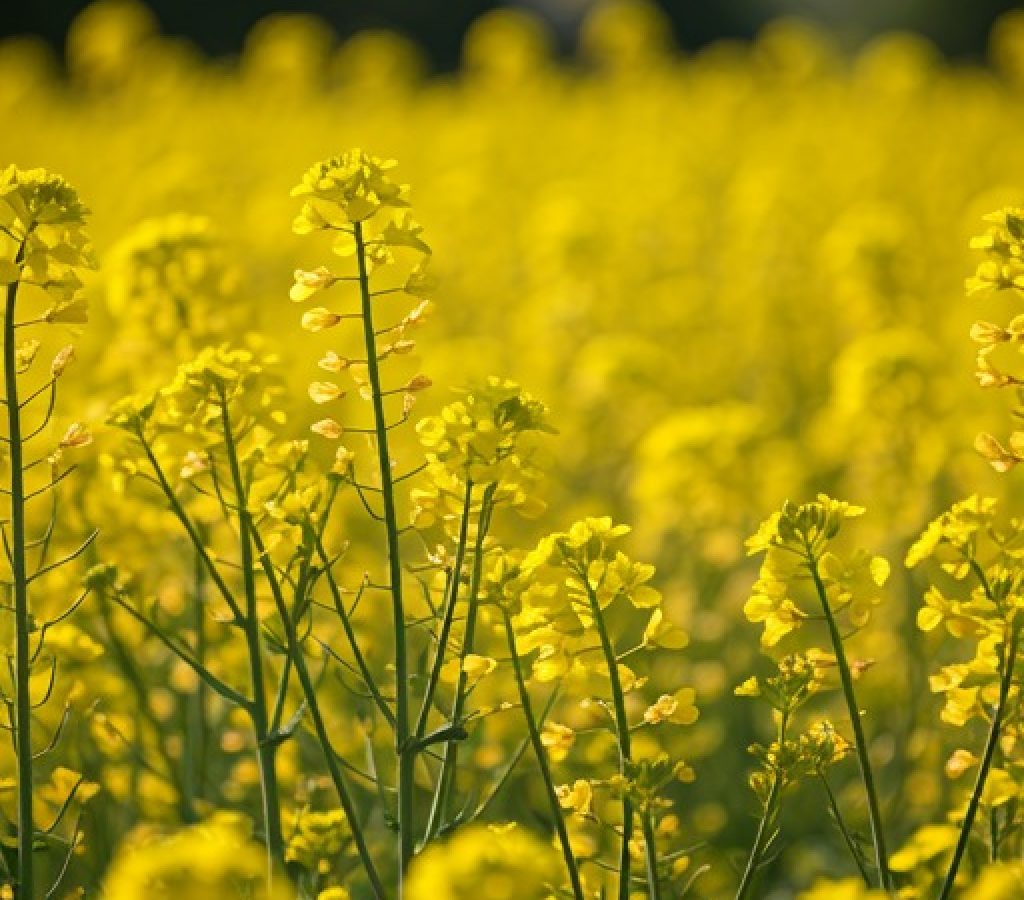In an age where technology dominates children’s lives, there’s a growing need to reconnect them with nature and integrate a sense of environmental care. Managed farmlands offer a unique solution through eco-friendly tourism experiences, where families can engage in educational activities that teach children about farming, sustainability, and the importance of caring for the planet.
At Utopiaa Managed Farmland we are committed to creating immersive and hands-on agricultural experiences allowing families to explore the wonders of nature while learning valuable lessons about sustainability and responsible land use.

Teaching children about sustainability is crucial for fostering a sense of responsibility towards the environment. With the challenges of climate change, biodiversity loss, and food security at the forefront of global concerns, it’s imperative that the next generation understands the significance of sustainable practices in agriculture and everyday life. Managed farmland experiences provide a perfect backdrop for this education, allowing kids to engage with the land and learn directly from farmers about the practices that help protect our planet.
3. Encouraging Eco-Friendly Practices: By exposing children to sustainable farming techniques through managed farmlands, we can add eco-friendly habits early on. Teaching kids about composting, water conservation, and organic gardening can empower them to make environmentally-conscious decisions in their own lives. These lessons will stick with them as they grow, creating a generation of informed individuals ready to tackle environmental challenges.
At Utopiaa, we believe that family-friendly agrotourism experiences can play a pivotal role in educating children about sustainability. Our managed farmland projects are designed not only to yield bountiful harvests but also to provide engaging educational opportunities for families. Here are some of the ways we facilitate these experiences:
Legacy offers families an immersive agricultural experience where children can learn about traditional and modern farming practices. Families can participate in activities such as planting seasonal crops, tending to gardens, and learning about the importance of pollinators.
At Ecopia, families can explore the rich biodiversity of the region while learning about agroforestry practices. Children can engage in activities such as tree planting and exploring the native flora and fauna, emphasizing the importance of conservation. The project’s emphasis on sustainability offers families valuable lessons about the interconnectedness of agriculture and ecology.
Heritage Sovereign provides a unique opportunity for families to learn about organic spice cultivation. Children can participate in workshops focused on the life cycle of spices, from planting to harvest. By engaging with the process, kids gain a deeper appreciation for the effort that goes into producing food while learning about the benefits of organic practices.
Living Farm emphasizes the importance of renewable energy and water conservation in agriculture. Families can participate in educational tours that explain how solar energy powers farming operations, along with hands-on activities like building compost bins or exploring efficient irrigation systems. By learning about sustainable technologies, children are inspired to think critically about environmental issues.
Agrotourism in managed farmlands not only benefits families but also contributes to the local community and economy. When families visit our managed farmlands, they support local farmers and artisans, creating a sustainable ecosystem of growth and development. This reciprocal relationship enhances the agricultural sector and encourages the preservation of traditional practices and local biodiversity.
When families visit our managed farmlands, there are a plethora of engaging activities specifically designed to captivate children’s attention and encourage learning. These activities provide hands-on experiences that make education enjoyable and memorable:

Participating in agrotourism experiences at our managed farmlands can have lasting impacts on families, shaping their values and behavior towards sustainability:
Managed farmland offers a rich environment for teaching children about sustainability and the importance of caring for our planet. Our commitment to creating family-friendly agrotourism experiences ensures that children not only learn valuable lessons about farming and ecology but also develop a deeper appreciation for the environment.
By engaging families in hands-on activities, workshops, and educational tours, We are helping to cultivate a generation of environmentally-conscious individuals who are eager to make a positive impact. Through our diverse projects, we provide a pathway for families to connect with nature, understand their food sources, and integrate sustainable practices in their daily lives.
Join Utopiaa in our mission to educate and inspire families about sustainability through agrotourism in our managed farmlands. By investing in managed farmland experiences, you are contributing to a healthier planet and nurturing the next generation of eco-conscious leaders. Check out our website and portfolio at Utopiaa.in.